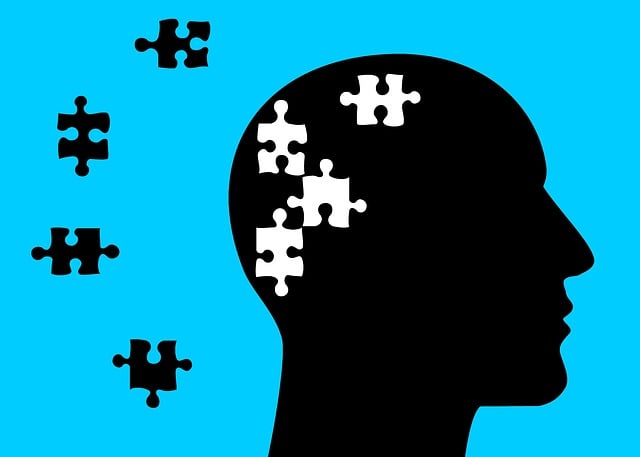Broomfield Dialectical Behavioral Therapy (DBT) is a holistic approach to mental well-being, combining cognitive-behavioral techniques and mindfulness practices. It equips individuals with essential coping skills to manage intense emotions, reduce impulsive behaviors, and enhance overall well-being. Through individual sessions, group training, and phone coaching, DBT fosters self-esteem improvement, emotional healing, and positive thinking, enabling clients to navigate challenges effectively and improve their quality of life.
Coping skills are essential tools for navigating life’s challenges and maintaining mental well-being. In this article, we explore the significance of these skills and delve into effective strategies for development. We begin by understanding coping skills and their role in resilience. Then, we introduce Broomfield Dialectical Behavioral Therapy (DBT) as a comprehensive framework for mastering these skills. Finally, we provide practical tips to integrate coping mechanisms into daily routines, enhancing overall mental health.
- Understanding Coping Skills and Their Significance
- Broomfield Dialectical Behavioral Therapy (DBT): A Comprehensive Approach to Skill Development
- Practical Strategies for Integrating Coping Skills in Daily Life
Understanding Coping Skills and Their Significance

Coping skills are essential tools that enable individuals to navigate life’s challenges and emotional storms with resilience. Understanding these skills is crucial in the context of Broomfield Dialectical Behavioral Therapy (DBT), which focuses on fostering self-esteem improvement and emotional healing processes. DBT teaches individuals how to recognize and manage their emotions effectively, leading to better coping strategies. By learning these techniques, people can enhance their ability to handle stress, anxiety, and difficult situations, ultimately improving their overall well-being.
The significance of coping skills cannot be overstated, especially in building resilience. It involves recognizing triggers, developing healthy responses, and adopting positive behaviors. Through DBT therapy, individuals are equipped with a range of strategies, from mindfulness exercises to distress tolerance techniques, which empower them to confront and overcome life’s obstacles. This process not only aids in emotional healing but also promotes personal growth and a greater sense of control over one’s life.
Broomfield Dialectical Behavioral Therapy (DBT): A Comprehensive Approach to Skill Development

Broomfield Dialectical Behavioral Therapy (DBT) offers a comprehensive approach to coping skills development, focusing on both emotional and behavioral aspects. This therapy is designed to help individuals learn effective strategies for managing intense emotions, reducing impulsive behaviors, and improving overall functioning. DBT combines cognitive-behavioral techniques with mindfulness practices, encouraging clients to accept their feelings while also learning to regulate them constructively.
The program typically includes individual therapy sessions, group skills training, and phone coaching, creating a supportive environment where individuals can practice new coping mechanisms in real-life situations. By fostering positive thinking and emotional healing processes, DBT empowers participants to develop a robust self-care routine for better mental health. Through this structured approach, individuals gain the tools necessary to navigate challenging emotions and behaviors, leading to improved quality of life.
Practical Strategies for Integrating Coping Skills in Daily Life

Incorporating coping skills into daily routines is a powerful way to enhance mental health and overall well-being. Broomfield Dialectical Behavioral Therapy (DBT) offers practical strategies for individuals looking to navigate life’s challenges with greater ease. One effective technique is mindfulness, which encourages staying present and observing thoughts and emotions without judgment. This simple yet profound practice can help manage stress and anxiety by creating a sense of calm.
Additionally, DBT emphasizes emotion regulation skills, teaching individuals to identify and understand their feelings, and subsequently, respond to them healthily. Building emotional intelligence allows for better coping when faced with difficult situations. Resilience is another key aspect; it involves learning to adapt and bounce back from setbacks, fostering a growth mindset. By implementing these strategies, one can improve their ability to cope with stress, enhance emotional well-being, and cultivate a more positive outlook, ultimately boosting mental health awareness and overall life satisfaction.
Coping skills are essential tools for navigating life’s challenges. By understanding their significance and utilizing effective strategies, individuals can enhance their emotional resilience. The comprehensive approach of Broomfield Dialectical Behavioral Therapy (DBT) offers a structured path to developing these skills. Through practical integration into daily routines, one can foster a healthier and more balanced life, ensuring that they are equipped to handle stress and difficult emotions effectively.














